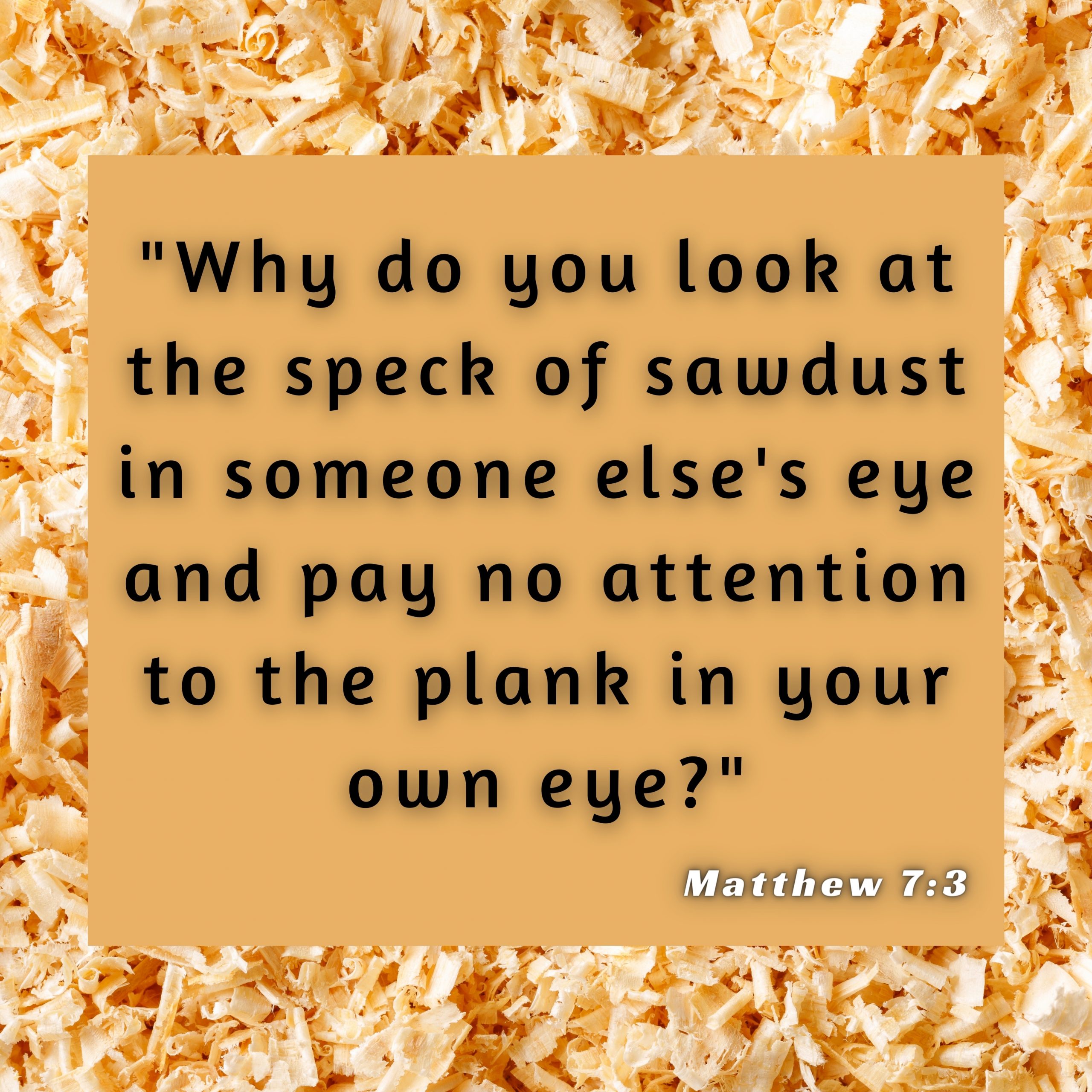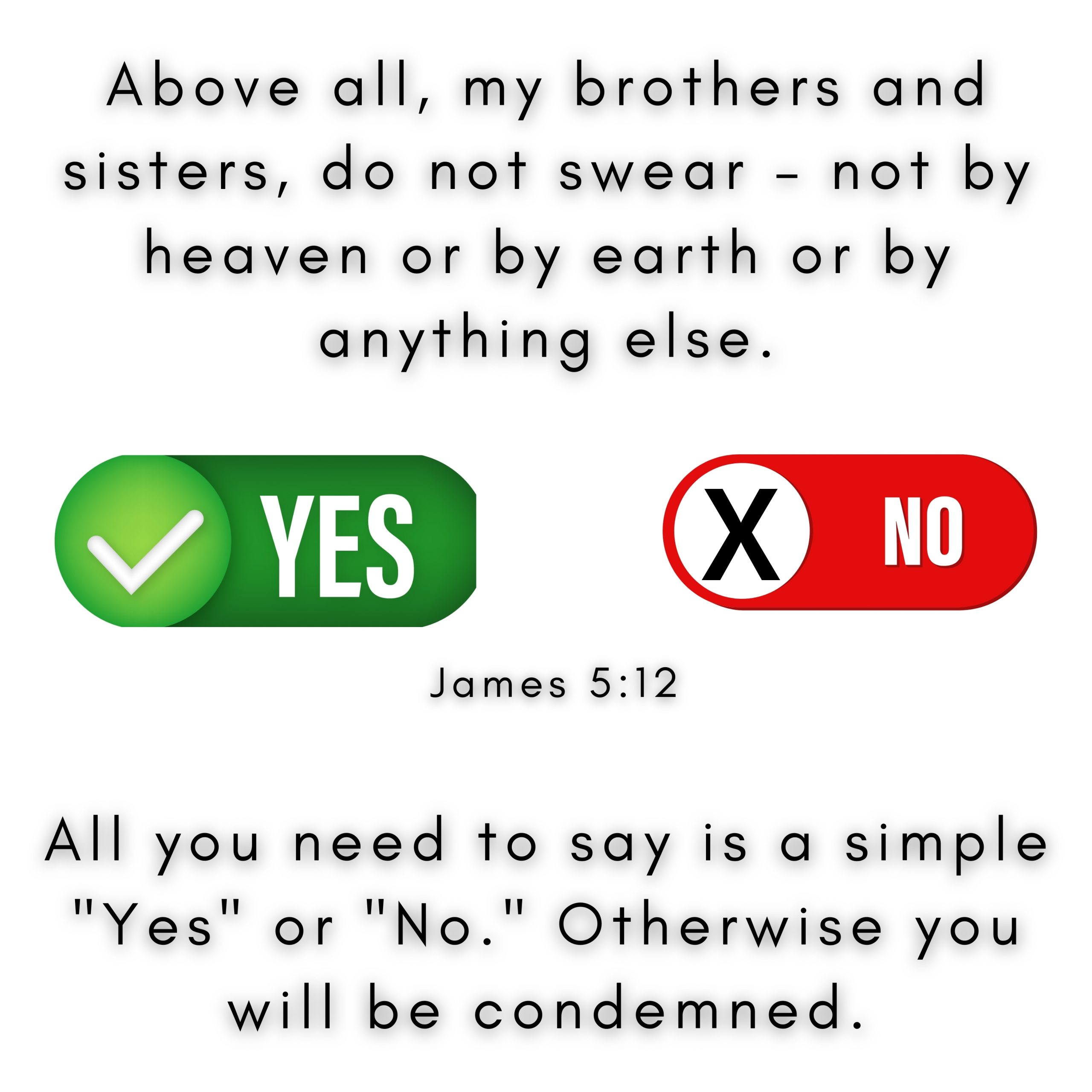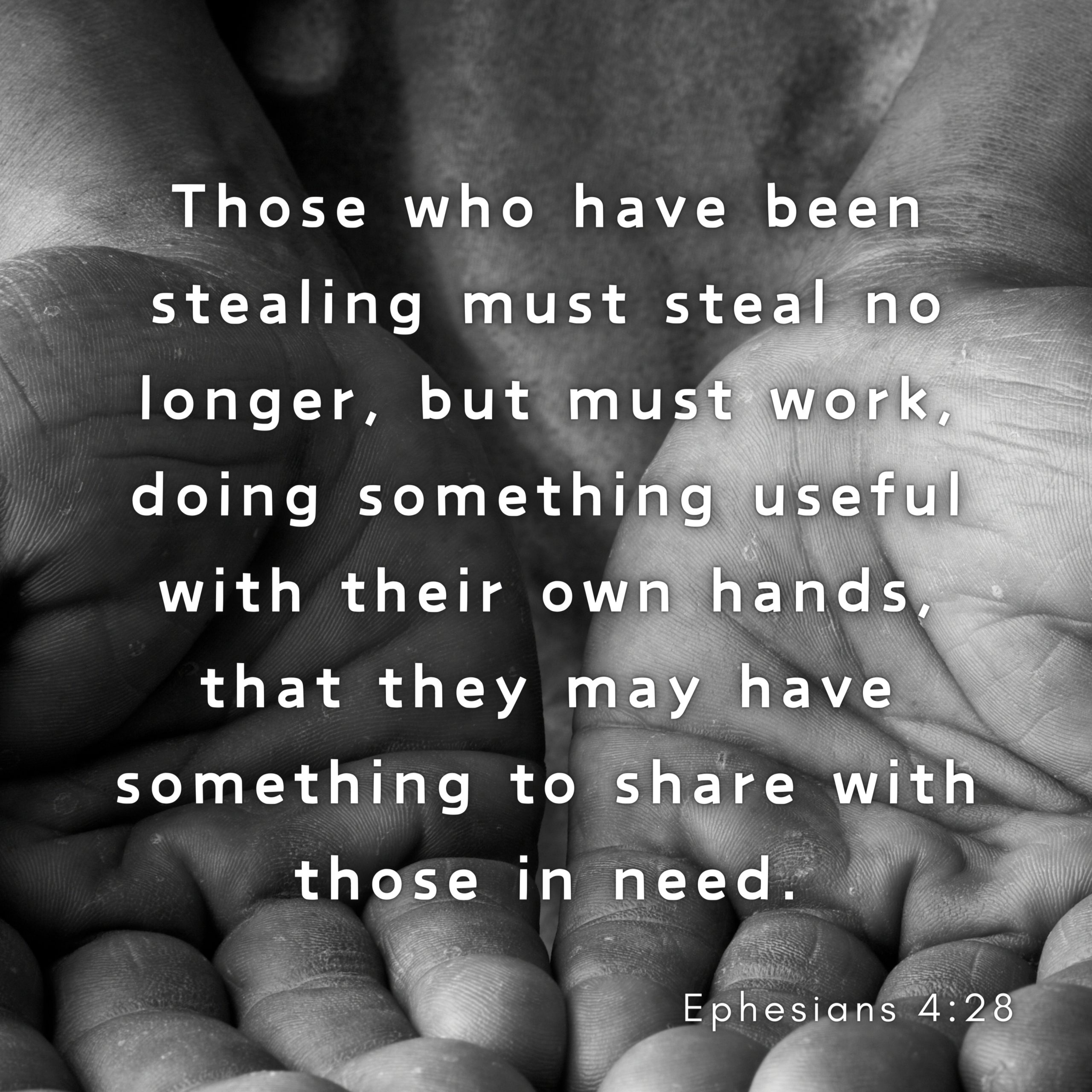Self-righteousness – the belief we’re superior to others – creates a blind spot hindering our connection with God and others.
Blindness of Self-Righteousness
Matthew 7:3 – “Why do you look at the speck of sawdust in your brother’s eye and pay no attention to the plank in your own eye?”
Jesus uses a memorable image: someone trying to remove a speck from another’s eye while having a “plank” in their own. We can’t see clearly to help others if our own issues remain unaddressed.
Self-righteousness fosters hypocrisy, resentment, and isolation.
Signs of Self-Righteousness
Self-righteousness can be subtle. Here are some signs:
- Constant Comparison: We judge ourselves superior or inferior based on achievements, looks, or opinions.
- Disdain for Others: We look down on those with differing beliefs, labeling them as “sinners” or “enemies.”
- Justifying Ourselves: We use our interpretation of scripture or tradition to justify actions and attitudes, ignoring other perspectives or God’s guidance.
- Unwillingness to Admit Mistakes: We refuse apologies or blame others for our problems.
- Echo Chambers: We avoid those who challenge us and surround ourselves with those who agree or praise us.
Overcoming Self-Righteousness
Conquering self-righteousness requires God’s grace and support from others. Here’s how to break free:
- Confession and Forgiveness: Admit our imperfections, seeking God’s forgiveness and cleansing. We acknowledge His love and acceptance are based on grace, not merit.
- Self-examination and Repentance: Regularly ask God to reveal hidden sins and self-righteous attitudes. Repent and seek renewal.
- Openness to God’s Word and Others: Study scripture without manipulation, submitting to its authority. Learn from Christians with diverse backgrounds and respect their insights.
- Humility and Servant-hood: Think of others more highly than ourselves, seeking to glorify God and serve others, not ourselves.
- Love and Grace: Love others as God loves them, replacing judgment with compassion. Forgive as God forgives us, fostering fellowship and avoiding isolation.
Helping Others Overcome Self-Righteousness
Self-righteousness impacts our relationships. Here’s how to help others:
- Modeling Christ-like Behavior: Show humility, grace, and love through words and actions. Don’t boast, but acknowledge God’s grace. Encourage and uplift others.
- Truth Spoken in Love: Address self-righteousness gently and respectfully. Challenge and correct, but avoid attacking or accusing. Use persuasive words that bring healing.
- Prayer: Pray with and for others, relying on God’s guidance.
- Support and Fellowship: Walk alongside others, offering acceptance and encouragement. Celebrate achievements and support them through difficulties.
Self-righteousness is a hurdle, but God offers freedom. He replaces self-centeredness with Christ-centeredness, enabling harmonious relationships and a life reflecting His light.
Here now! Let me get that speck out of your eye!
~ Check Out ~
“One Minute with God”



